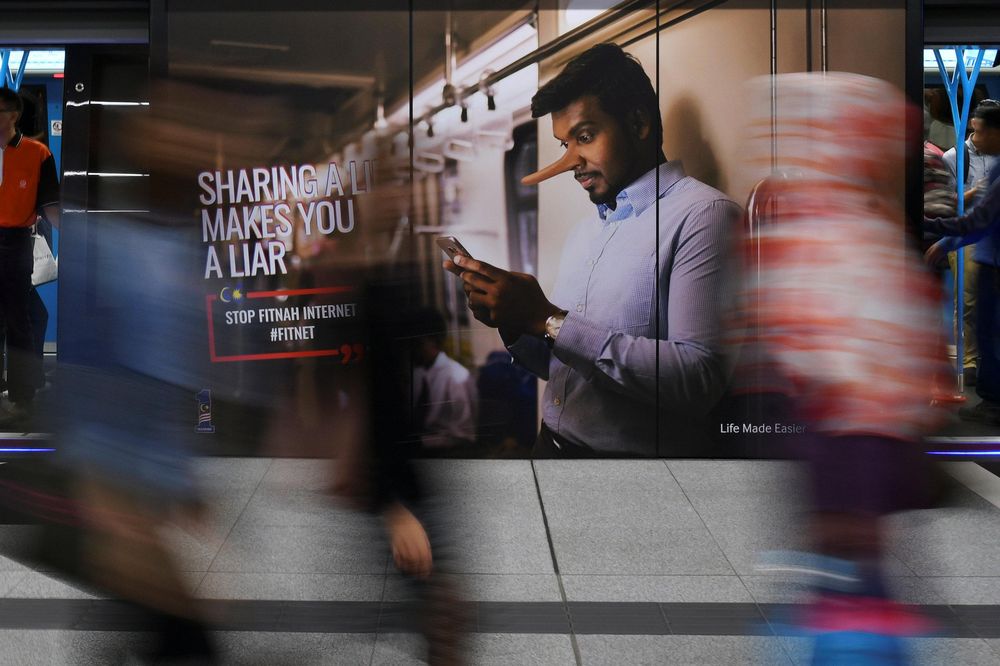KUALA LUMPUR, April 27 — The National Union of Journalists (NUJ) has demanded the Perikatan Nasional government to improve the environment of local journalism in response to the recent drop in Reporters Without Borders’ (RSF) 2021 Press Freedom Index.
In a statement today, NUJ secretary-general Chin Sung Chew said that draconian laws that have suppressed freedom of expression in the local media industry need to be repealed.
“NUJM calls on the ruling government to look into the various methods to improve the environment for journalists to work without fear of harassment and self-censorship while at the same time repeal draconian legislatives which suppress media freedom,” he said.
The union added that the recent Emergency regulations introduced by the government have been abused to target critical reporting.
“At times like this, NUJM would like to remind the government that objective reporting is the best vaccine against disinformation,” he added.
Last month, Malay Mail’s check on e-Federal Gazette confirmed that Emergency (Essential Powers) (No. 2) Ordinance 2021 prohibits individuals who create or publish fake news on Covid-19 or the Emergency proclamation could now face a fine of up to RM100,000 and imprisonment starting from March 12.
RSF’s 2021 Press Freedom Index saw Malaysia dropping 18 steps down to the rank of 119 out of 180 countries scored.
In comparison, Malaysia had shown the greatest improvement in the same index in 2020 under the Pakatan Harapan government, with its improvement of leaping 22 spots to 101st the biggest jump globally.
RSF noted that the renewal of the Special Affairs Department, which they label as government propaganda, and the fact that the Sedition Act 1948, Official Secrets Act 1972, and Communications and Multimedia Act 1998 remain at the disposal of the government to use against journalists as a hindrance against press freedom in Malaysia.
The RSF’s World Press Freedom Index is based on qualitative analysis of six criteria — pluralism of opinions represented in the media; media independence; media environment and self-censorship; the impact of the legislative framework governing news and information activities; transparency of institutions and procedures affecting news production and information; and the quality of infrastructure supporting news production — coupled with quantitative data on abuses and acts of violence against journalists during the previous year.




















